As the world hurtles toward the ambitious sustainable development goals set for 2030, one resounding truth stands clear: education, particularly lifelong learning, holds the key to unlocking these aspirations. This profound assertion was eloquently stated by Professor Carlos A. Pereira de Oliveira, a distinguished academic from the State University of Rio de Janeiro, Brazil. In a recent engagement that marked a significant milestone, he emphasized that without a robust foundation of education and continuous learning, the pursuit of sustainable development remains a distant dream.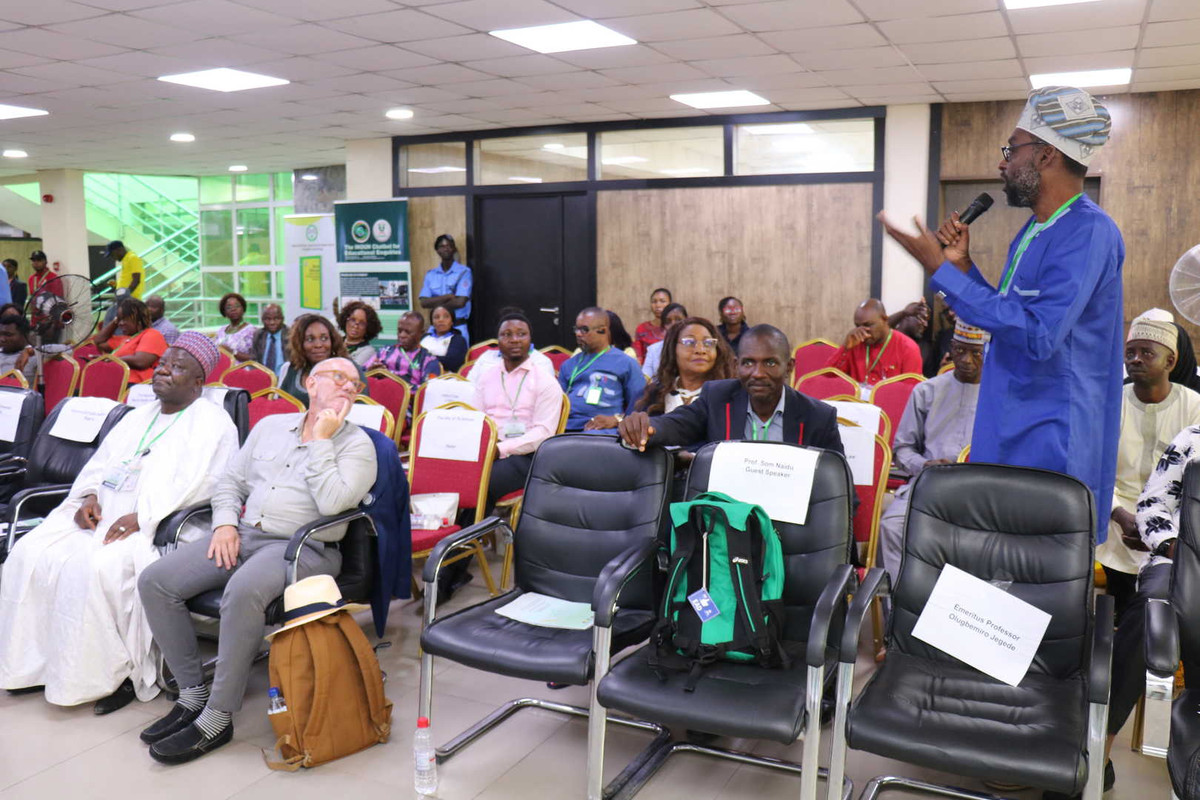 Addressing a captivated audience on August 9th, 2023, during a two-day Guest Lecture and Round-table Discussion, Professor Oliveira underscored the pivotal role of lifelong learning. This enlightening event, organized collaboratively by the Regional Training and Research Institute for Distance and Open Learning (RETRIDOL) and the African Centre of Excellence on Technology Enhanced Learning (ACETEL), commemorated the 20th anniversary of RETRIDOL. The event took place at the headquarters of the National Open University of Nigeria (NOUN) in Jabi, Abuja.
Addressing a captivated audience on August 9th, 2023, during a two-day Guest Lecture and Round-table Discussion, Professor Oliveira underscored the pivotal role of lifelong learning. This enlightening event, organized collaboratively by the Regional Training and Research Institute for Distance and Open Learning (RETRIDOL) and the African Centre of Excellence on Technology Enhanced Learning (ACETEL), commemorated the 20th anniversary of RETRIDOL. The event took place at the headquarters of the National Open University of Nigeria (NOUN) in Jabi, Abuja.
 Professor Oliveira elucidated how lifelong learning represents more than just a pathway to personal enrichment; it is a cornerstone for reducing social and economic disparities, fostering civic engagement, and nurturing cohesive communities. The complexities of the modern world demand adaptability, resilience, and a thirst for knowledge that spans a lifetime. Lifelong learning, he passionately expressed, holds the transformative power to address these contemporary challenges effectively.
Professor Oliveira elucidated how lifelong learning represents more than just a pathway to personal enrichment; it is a cornerstone for reducing social and economic disparities, fostering civic engagement, and nurturing cohesive communities. The complexities of the modern world demand adaptability, resilience, and a thirst for knowledge that spans a lifetime. Lifelong learning, he passionately expressed, holds the transformative power to address these contemporary challenges effectively.

Furthermore, the erudite scholar highlighted that the far-reaching impact of lifelong learning is evident in its contribution to sustainable development on local, regional, and national scales. In an age where the world grapples with shared adversities such as the COVID-19 pandemic, the value of continuous learning becomes even more pronounced. Active citizenship, improved employability, stronger community ties, and enhanced well-being all flourish under the nurturing canopy of lifelong learning.
In his address on "The Importance of Lifelong Learning in Social Policies with Emphasis on Healthcare," Professor Oliveira emphasized the significance of integrating lifelong learning within higher education institutions. He acknowledged the looming challenges posed by factors like aging populations, the future of work, digitalization, and climate change. However, he exuded optimism, stating that lifelong learning has the potential to enhance the resilience of societies and economies in the face of these challenges.
A powerful plea resonated from his discourse: higher education institutions must rise to the occasion and play a pivotal role in upskilling and reskilling diverse segments of society. From youth to adults, and even the most vulnerable groups, these institutions hold the key to unlocking opportunities and empowering active social participation.
Integral to the success of lifelong learning is funding. Professor Oliveira highlighted that financial support is an essential precondition for mainstreaming this concept within higher education institutions. By ensuring wider participation and inclusion, especially for non-traditional learners and marginalized communities, adequate financing fosters equitable access to education.
The event culminated in a thought-provoking roundtable discussion featuring esteemed luminaries like Professor Shehu Usman Adamu, Professor Helen Kwanashie, Professor Som Naidu, and Professor Hadiza Galadanci, with Emeritus Professor Olugbemiro Jegede as the moderator. Their insightful perspectives underscored the necessity for collaborative efforts between government bodies, educational institutions, technology providers, and industry stakeholders. They highlighted a phased approach, transitioning from traditional to open and distance learning, as a strategic method to address educational challenges effectively.
As the curtains drew to a close, Professor Grace Jokthan, the Director of ACETEL, congratulated RETRIDOL on a successful anniversary celebration. She praised the collaboration that brought the event to life and urged participants to apply the insights gained across various domains. Gratitude was extended to the vice-chancellor, principal officers, sponsors, and discussants who contributed to the event's success. Ultimately, the event not only celebrated RETRIDOL's journey but also amplified the resounding importance of lifelong learning. Professor Pereira de Oliveira's words echoed far beyond the lecture hall, serving as a rallying call for a future anchored in the pursuit of knowledge, inclusivity, and sustainable growth.
Ultimately, the event not only celebrated RETRIDOL's journey but also amplified the resounding importance of lifelong learning. Professor Pereira de Oliveira's words echoed far beyond the lecture hall, serving as a rallying call for a future anchored in the pursuit of knowledge, inclusivity, and sustainable growth.


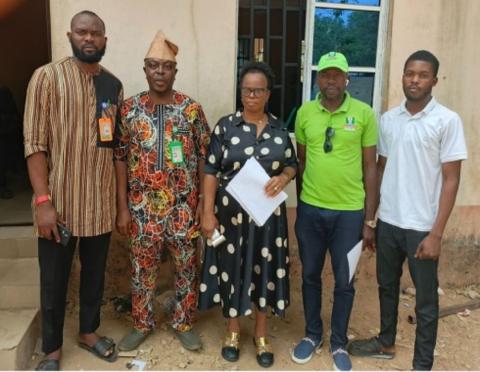
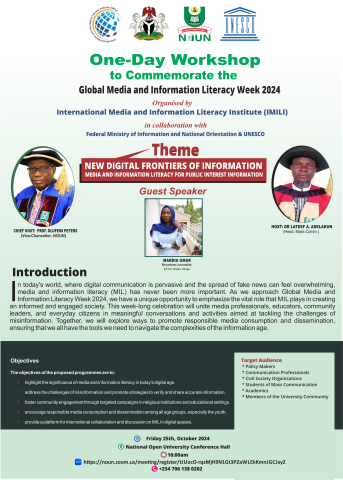
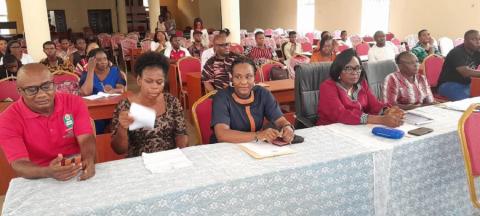
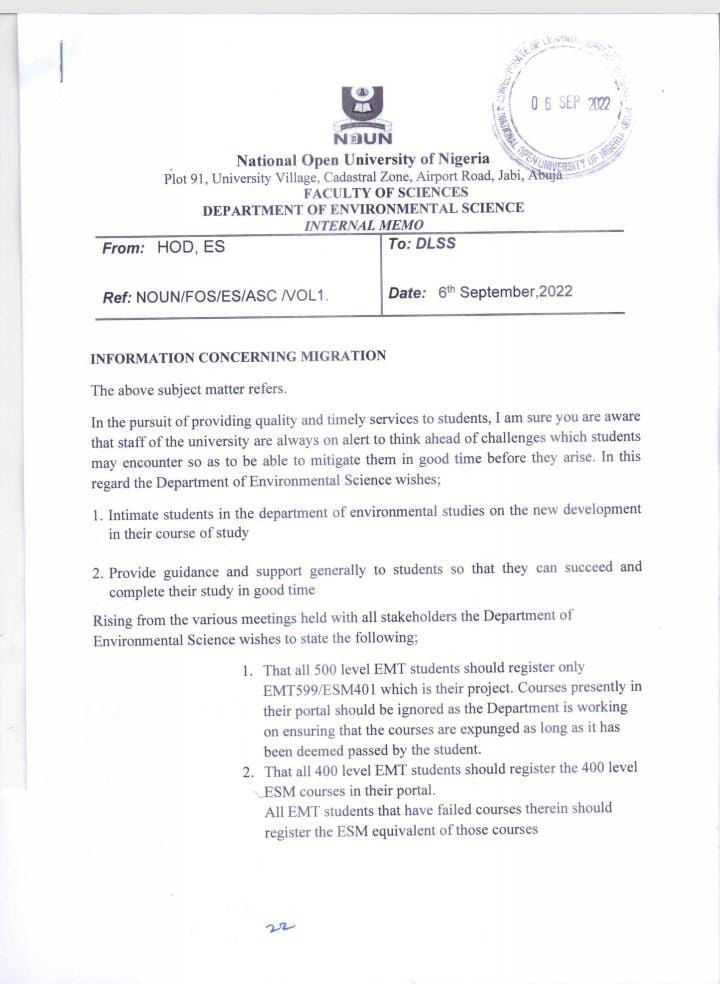
Share your thoughts about this post